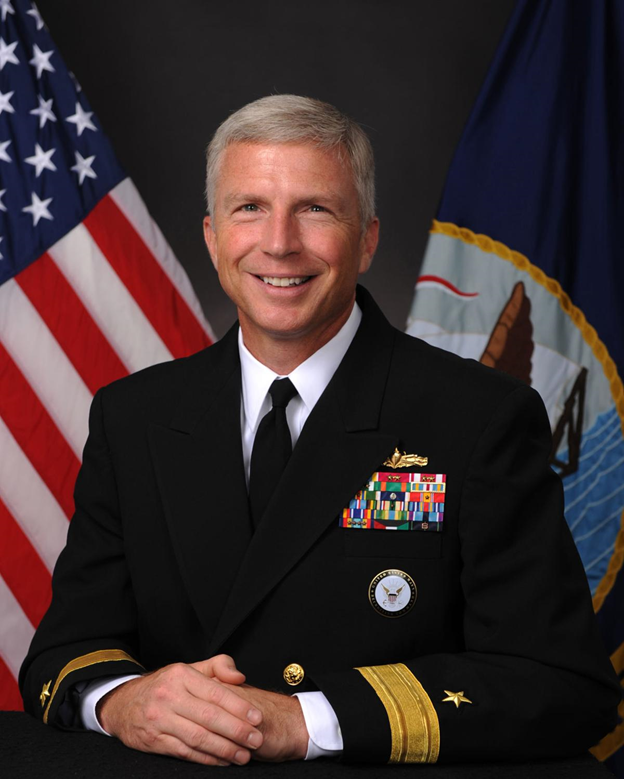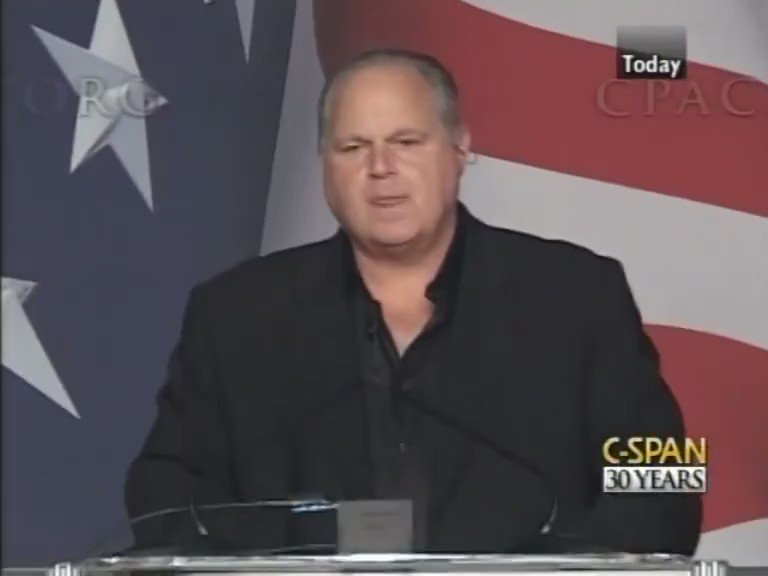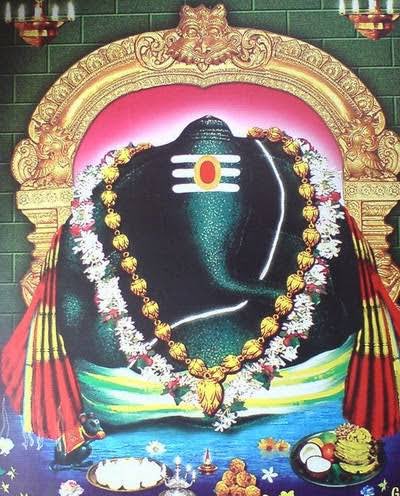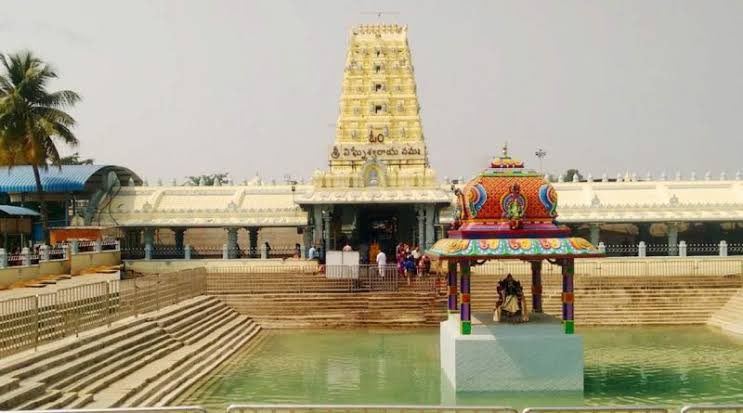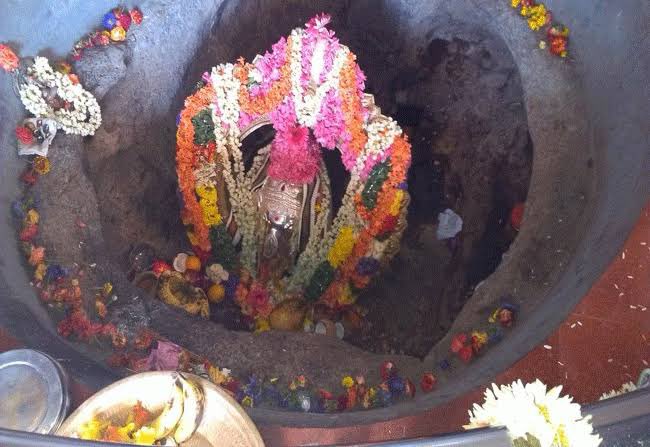Around the world, very much including the Western world, real power is measured by the ability to silence criticism.
The highest reaches of power are measured by the ability to force people to speak in politically-approved ways.
More from John Hayward
Excellent analysis! One of our biggest problems is that people think "democracy," all by itself, is a sufficient check on power. I frankly don't understand how anyone can still believe that, but of course they probably won't be taught otherwise in school.
The disturbing flip side of thinking democracy is a magic talisman against tyranny is the belief that democracy sanctifies power - the essence of majoritarianism. "They can't be dictators if we can vote them out of office!" is one of the most dangerous ideas in the world.
The restraints placed on power are MORE important than the process of choosing who gets to wield it. You would be more free under a tightly restrained hereditary monarch than in a "democracy" with totalitarian centralized power.
The human race learned, fairly recently, that elected government is the approach most likely to maximize liberty and human rights, but where on Earth did we get the notion that it's perfect and sufficient all by itself? The world is full of tyrannies that hold elections.
"Democracy" would be the worst of all worlds - tyranny by mob rule, with the oppressors claiming their every fancy was fully and completely sanctified because they won a vote, and why should we let a stubborn minority thwart The Will of the People?
I wrote about how Mike Lee is right about "democracy" https://t.co/1dKUae4TUe
— David Harsanyi (@davidharsanyi) October 9, 2020
The disturbing flip side of thinking democracy is a magic talisman against tyranny is the belief that democracy sanctifies power - the essence of majoritarianism. "They can't be dictators if we can vote them out of office!" is one of the most dangerous ideas in the world.
The restraints placed on power are MORE important than the process of choosing who gets to wield it. You would be more free under a tightly restrained hereditary monarch than in a "democracy" with totalitarian centralized power.
The human race learned, fairly recently, that elected government is the approach most likely to maximize liberty and human rights, but where on Earth did we get the notion that it's perfect and sufficient all by itself? The world is full of tyrannies that hold elections.
"Democracy" would be the worst of all worlds - tyranny by mob rule, with the oppressors claiming their every fancy was fully and completely sanctified because they won a vote, and why should we let a stubborn minority thwart The Will of the People?
More from World
Watch the entire discussion if you have the time to do so. But if not, please make sure to watch Edhem Eldem summarizing ~150 years of democracy in Turkey in 6 minutes (starting on 57'). And if you can't watch it, fear not; I've transcribed it for you (as public service). Thread:
"Let me start by saying that I am a historian, I see dead people. But more seriously, I am constantly torn between the temptation to see patterns developing over time, and the fear of hasty generalizations and anachronistic comparisons. 1/n
"Nevertheless, the present situation forces me to explore the possible historical dimensions of the problem we're facing today. 2/n
"(...)I intend to go further back in time and widen the angle in order to focus on the confusion I believe exists between the notions of 'state', 'government', and 'public institutions' in Turkey. 3/n
"In the summer of 1876, that's a historical quote, as Midhat Pasa was trying to draft a constitution, Edhem Pasa wrote to Saffet Pasa, and I quote in Turkish, 'Bize Konstitusyon degil enstitusyon lazim' ('It is not a constitution we need but institutions'). 4/n
https://t.co/1GtPJaxi1H - Ka\xe7\u0131rmay\u0131n bu muhte\u015fem Bo\u011fazi\xe7i hocalar\u0131 ge\xe7idini !
— dilek cinar (@dlkcinar) February 16, 2021
"Let me start by saying that I am a historian, I see dead people. But more seriously, I am constantly torn between the temptation to see patterns developing over time, and the fear of hasty generalizations and anachronistic comparisons. 1/n
"Nevertheless, the present situation forces me to explore the possible historical dimensions of the problem we're facing today. 2/n
"(...)I intend to go further back in time and widen the angle in order to focus on the confusion I believe exists between the notions of 'state', 'government', and 'public institutions' in Turkey. 3/n
"In the summer of 1876, that's a historical quote, as Midhat Pasa was trying to draft a constitution, Edhem Pasa wrote to Saffet Pasa, and I quote in Turkish, 'Bize Konstitusyon degil enstitusyon lazim' ('It is not a constitution we need but institutions'). 4/n
I'll bite, Mr. Gray. We can even play by your rather finicky rules.
Let's begin with some of the things you have said about Xinjiang, notably absent from your more recent media appearances, but still present in your blog about your 2014 biking trip.
The following is taken from an ongoing list I keep of people who have been to Xinjiang and written/spoken about their experiences. It is separate from the testimony of detainees and their relatives I also keep. Jerry is on this
Jerry, your article for CGTN, as well as your various Medium pieces, belabor themselves to emphasize the smoothness of your time in Xinjiang. Why did you leave out so many details from your log of your 2014 trip? They seem relevant.
For example, would CGTN not let you speak about Shanshan, the town that evidently disturbed you so much?

Why, pray tell, after noting how kind and hospitable Xinjiang police were to you in 2019 for CGTN—and how you were never told where you could or could not go—would you omit these details?

Let's begin with some of the things you have said about Xinjiang, notably absent from your more recent media appearances, but still present in your blog about your 2014 biking trip.
Prove it...
— Jerry's China (@Jerry_grey2002) December 30, 2020
Without quoting Adrian Zenz who's never been there or exiles and criminals who seek asylum or cash for their stories or perhaps some satellite images of shopping centres and factories with fencelines.
You can't show any evidence that this is true https://t.co/wiozJIjusH
The following is taken from an ongoing list I keep of people who have been to Xinjiang and written/spoken about their experiences. It is separate from the testimony of detainees and their relatives I also keep. Jerry is on this
Jerry, your article for CGTN, as well as your various Medium pieces, belabor themselves to emphasize the smoothness of your time in Xinjiang. Why did you leave out so many details from your log of your 2014 trip? They seem relevant.
For example, would CGTN not let you speak about Shanshan, the town that evidently disturbed you so much?

Why, pray tell, after noting how kind and hospitable Xinjiang police were to you in 2019 for CGTN—and how you were never told where you could or could not go—would you omit these details?


